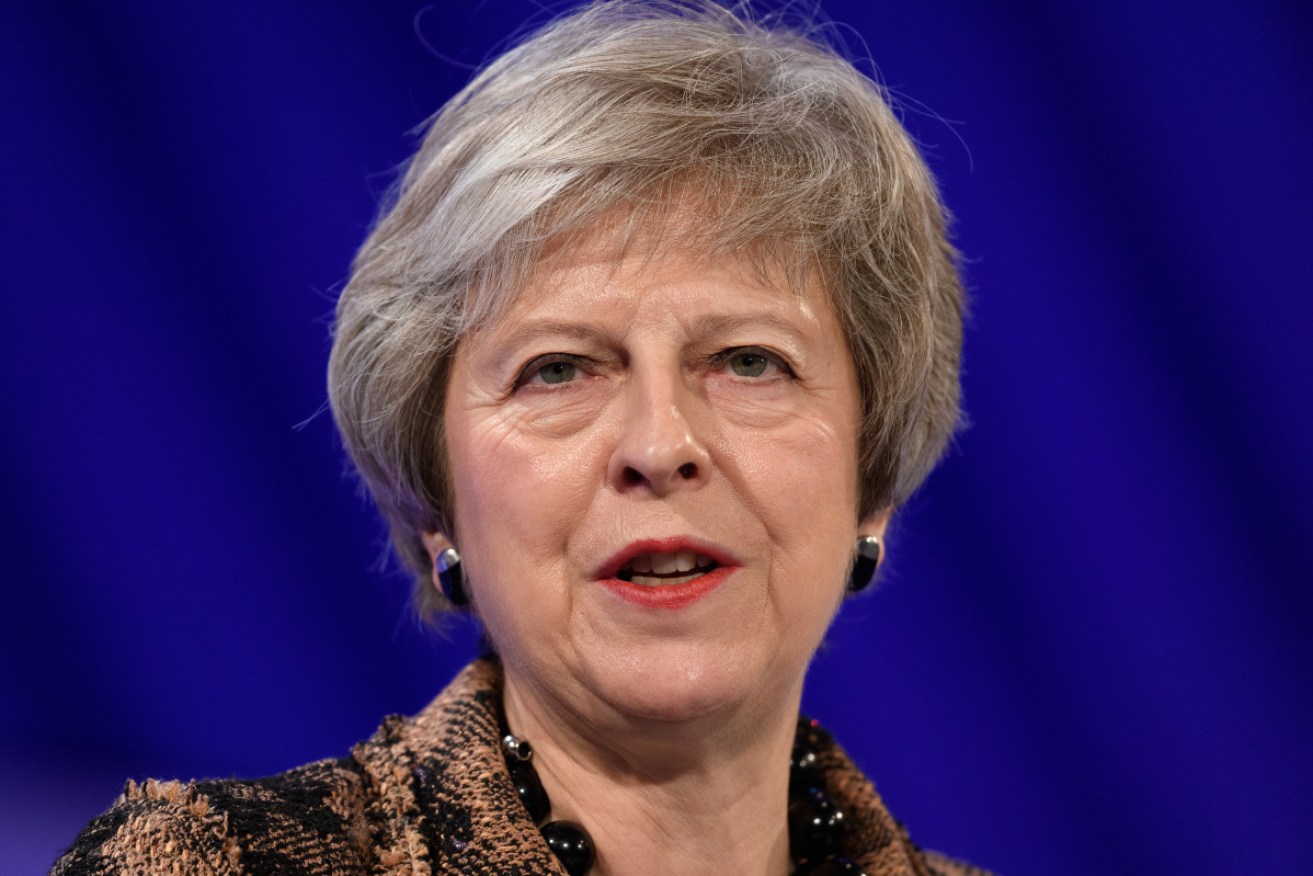UK stockpiles food and medicine to prepare for a potential ‘hard Brexit’


The UK could be leaving the EU based on a new agreement drafted on Thursday morning . Photo: Getty
To get a sense of the increasingly high stakes that surround Britain’s chaotic process of leaving the European Union, it is worth pausing for a moment to think about the sugar in Theresa May’s blood.
As a type-one diabetic, the Prime Minister has conceded that the tension caused by her struggles with Brexit have forced her to pay special attention to adjusting her insulin levels every day to help her cope with the stress.
But a much more worrying sign is that Novo Nordisk, the Danish company that supplies her insulin, has felt compelled to spend millions of pounds lifting its UK stockpile from seven weeks’ supply to 16 weeks to ensure the turmoil that would surround a potential “hard Brexit” does not end up killing Britons.
Ms May’s Government is quietly compelling drug firms to sign non-disclosure agreements to avoid embarrassing headlines about their Brexit preparations, but we do know that the US pharma giant Pfizer is spending US$100 million ($137 million) to prepare, while French drug firm Sanofi and Switzerland’s Novartis are also building up their medical stocks.
At the same time, the owners of refrigerated warehouses around the UK say they have been swamped by frantic food importers in recent days and have had to turn them away because they are already fully booked for the next six months.
Reflect on that for a second or two.
One of the world’s great economies and former imperial powers is now frantically stockpiling both medicine and food because if it leaves the EU as scheduled on March 29 without first reaching some sort of transition deal with Brussels, its ports would almost certainly be gridlocked.
Health Secretary Matt Hancock is reported to have admitted to Cabinet last week that he could not honestly rule out vulnerable British people dying from medical shortages if the country ends up with the sort of “let’s just walk away” Brexit that the most extreme Brexiteers like Tory MP Jacob Rees-Mogg are now advocating.
With Exit Day just 88 working days away, it is becoming painfully apparent that the nation is nowhere near prepared for a hard Brexit.
Ms May says she is determined to avoid such a Brexit, but the risk of a cliff-edge departure is rising by the day. There is no clear majority in Parliament to support the “softer” departure plan she has negotiated with Brussels.
Remarkably, Ms May’s aides have told the Sunday Times that if the House of Commons does reject her plan, that would prompt a market crash that would then force MPs to vote again and accept it.
Industry leaders have always warned that a sudden departure from the integrated European supply chains they have built up over the past decades would be disastrously expensive.
The nation is now realising that it could lose more than just jobs under any type of Brexit.
A team of 20 military officers based in Hampshire has quietly begun drawing up plans for the military to help deal with queues of up to 50 km of trucks that could quickly form on motorways near the English Channel.
The military is also planning for the possible deployment of troops to deliver medicine, fuel and food and help police retain public order at sensitive locations like petrol stations.
Duncan Buchanan, the policy director of the UK Road Haulage Association told The New Daily that motorways would be clogged by customs delays under a hard Brexit “because half a million companies that don’t know one end of a customs form from another would suddenly be dealing with this new red tape”.
UK officials have belatedly begun buying portable toilets for drivers who end up stranded on the motorways, although French authorities are much more advanced with similar preparations.
The French and Dutch have also done more than the British to beef up their customs staffs and facilities to deal with Brexit, while even the Irish government has made more liaison and preparation efforts with its local businesses than the UK.
Police in Northern Ireland are already moving to hire 100 more constables to deal with the extra security dangers that will come with the likely strengthening of the border with Ireland, an incendiary step backwards in that part of the world.
The food stockpiles the UK maintained in case of a nuclear war were sold off in 1991 after the end of the Cold War.
Nobody will starve, but major supermarkets Tesco, Sainsbury’s and Aldi have all warned that supplies of fresh food depend heavily on the EU, and they would quickly start to rot in the back of lorries under a hard Brexit.
Award-winning Australian journalist Peter Wilson has been covering British and European politics and events from his London base for almost two decades








